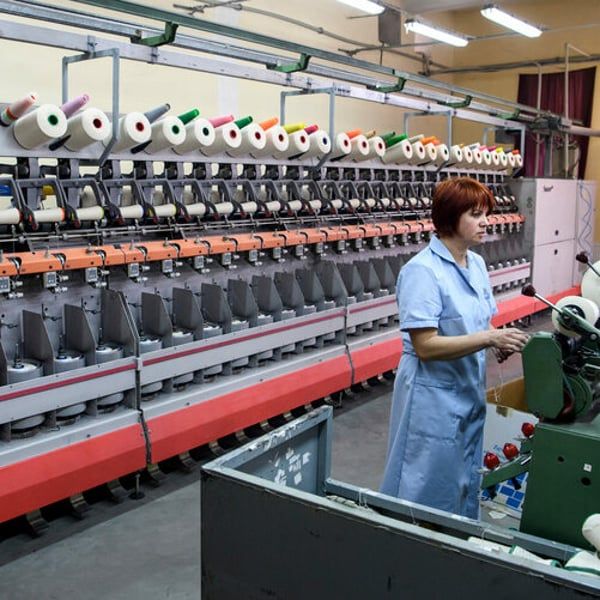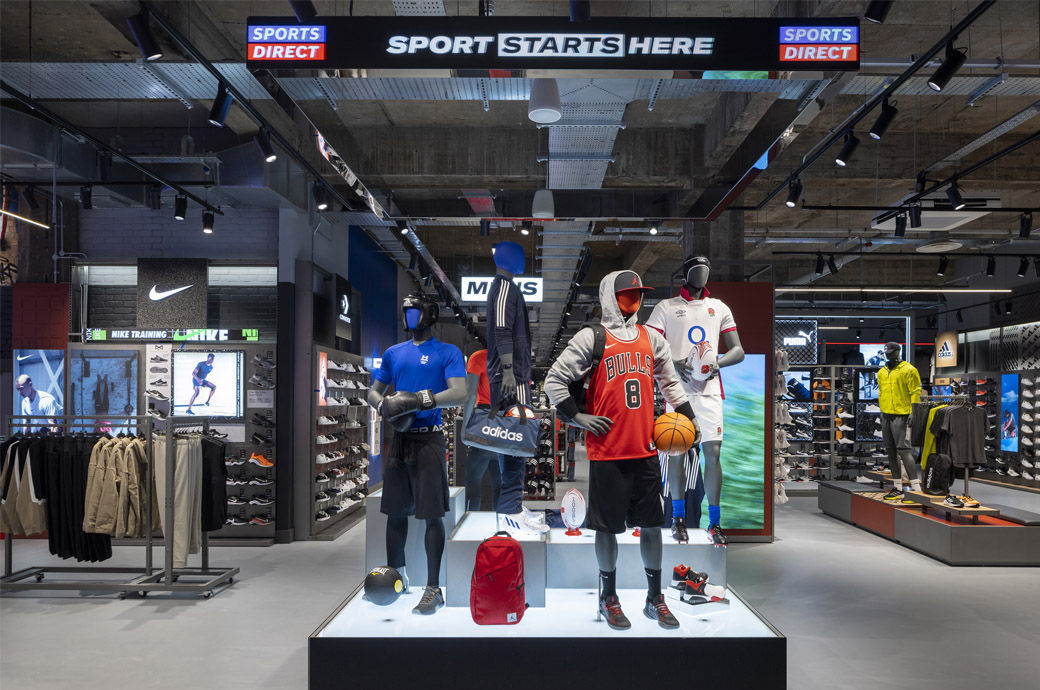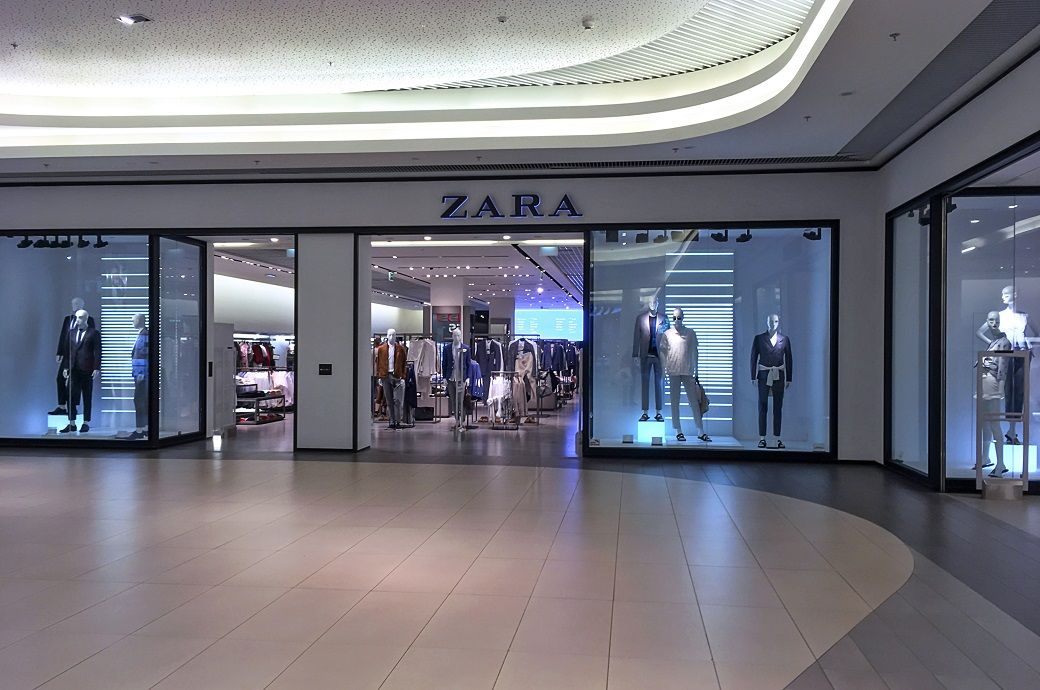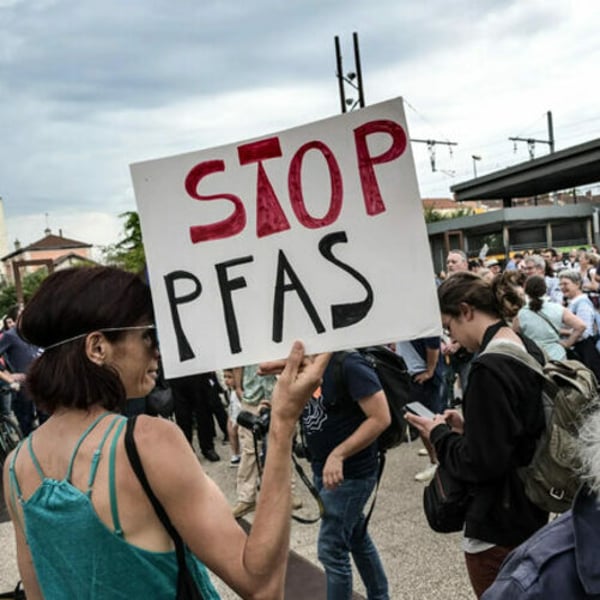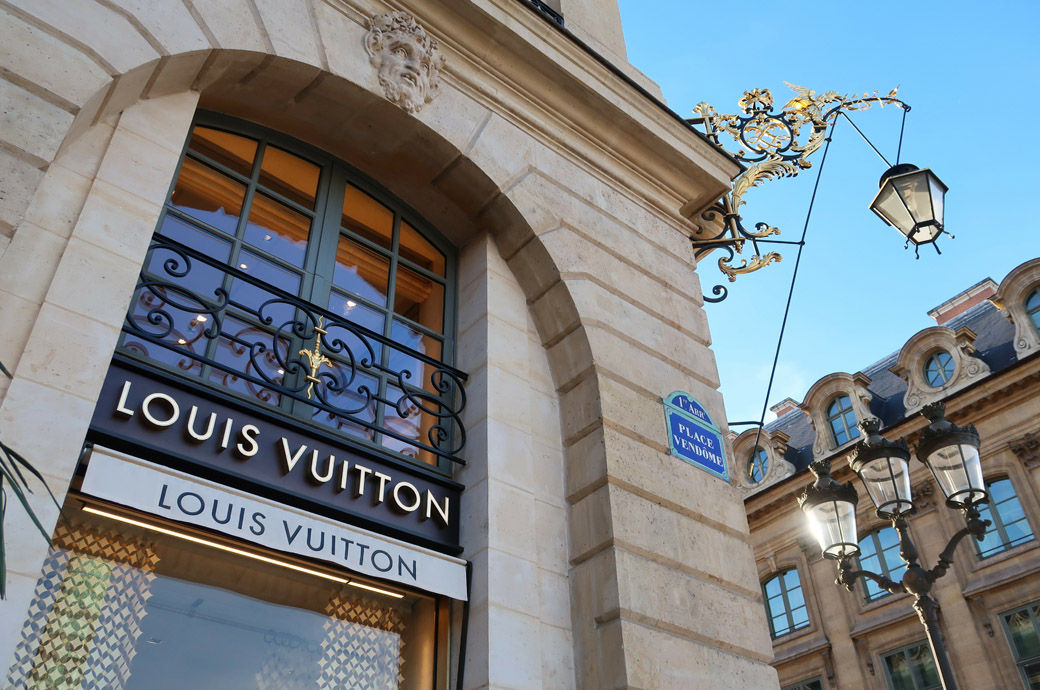Translated by
Nicola Mira
Published
January 25, 2024
H&M, Gap, Lululemon, Inditex and Gap were frequently mentioned in a report by the NGO New Climate Institute, focused on the energy supply strategies adopted by the main international groups. The report was extremely critical of the five apparel groups, especially with regards to their supply chains.
“The pace of electrification remains low for some of the main sources of energy demand in the fashion sector,” the 82-page document states.
“Direct fuel consumption is used for various processes in garment production, including textile production, spinning and weaving, dyeing and printing, and garment assembly, although these processes may be electrified in manufacturing facilities. modern manufacturing,” the report continues.
The New Climate Institute (NCI), an NGO founded in 2014 with the support of German, Dutch, Norwegian and French state institutions, believes that the promises made by the main fashion groups regarding renewable electricity are “at best cases, of superficial integrity.” as they are not accompanied by plans to electrify the manufacturing operations of their suppliers. The NCI also noted that the claim by some groups about the use of bioenergy is debatable: biomass and natural gas are not considered viable alternatives to replace, for example, coal in energy-intensive manufacturing processes.
The report specifically examined renewable electricity purchases by the corporations it monitored. The Gap group is criticized for not being clear about its purchasing strategy, which aims to allow the group to use 100% renewable electricity for its own operations by 2030. The H&M group has set the same objective, also extending it to its suppliers. Achieving this goal could be hampered by a lack of commitment to electrification by H&M's numerous suppliers, the report notes.

The Spanish giant Inditex, owner among others of Zara, has also set the goal of using 100% renewable electricity for its direct management operations. But this goal is based “on lower quality renewable electricity purchasing practices and accounting methods,” the report states.
What about Lululemon, which already claims to exclusively use renewable electricity?
“[Lululemon’s] the claim is primarily based on the purchase of REC [renewable energy certificates]which are unlikely to have a significant impact on the decarbonization of the supply chain.”
The Nike group has given itself until 2025 to use 100% renewable electricity for its own operations. The NCI noted that “it is not yet clear whether Nike's electricity acquisition methods are adequate to support this claim.”
Fashion was not the only sector whose energy sourcing practices were analyzed in the report. The document also looks at corporate giants such as Apple, Google, Microsoft, Samsung Electronics and TSMC.
Copyright © 2024 FashionNetwork.com All rights reserved.

